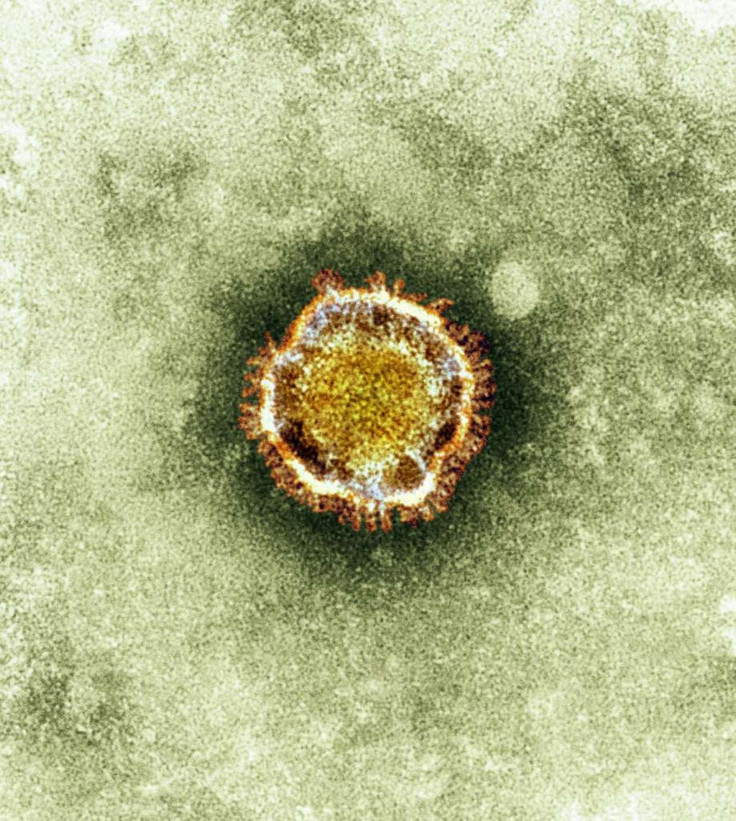Herpes Infection A Possible Side Effect Of COVID-19 Vaccine, Study Finds
KEY POINTS
- A shot of COVID-19 vaccine may cause herpes zoster in some recipients
- Researchers in Israel found six cases of shingles in patients who received a COVID-19 vaccine shot
- Herpes zoster is caused by virus that lies inactive in the human body after a person has chickenpox
The herpes infection shingles may be a side effect of the COVID-19 vaccine, a new study found.
Israeli researchers at Tel Aviv Sourasky Medical Center and Haifa's Carmel Medical Center have identified six cases in which patients who developed herpes zoster, also known as shingles, shortly after receiving a dose of Pfizer/BioNTech’s coronavirus vaccine, a study published in the Rheumatology journal showed.
Herpes zoster is a viral infection that causes a painful rash or stripe of blisters that wraps around either the left or the right side of one's torso. If left untreated, shingles can cause damage to nerve fibers, vision loss, neurological problems and skin infections, according to Mayo Clinic.
The study’s researchers found that those with autoimmune inflammatory rheumatic disorders have a higher risk of developing shingles after the vaccine jab. However, researchers noted they found only six cases out of the 491 patients they observed.
The six patients who developed herpes zoster all suffered from mild cases of an autoimmune inflammatory rheumatic disease. All six patients also were young. Five of the patients developed shingles after the first shot, while the sixth got it after the second dose.
“That is why we reported on it,” Dr. Victoria Furer, lead author of the study, told The Jerusalem Post, according to the New York Post.
Furer warned that further research is needed to determine whether COVID-19 is causing herpes zoster in patients with autoimmune diseases.
“We cannot say the vaccine is the cause at this point,” Furer continued. “We can say it might be a trigger in some patients.”
Herpes zoster does not cause cold sores or genital herpes. It is a virus that lies inactive in the human body after a person has chickenpox. The virus may lie dormant for years and reactivate as shingles. However, not everyone who gets chickenpox will develop shingles.
At present, scientists are unsure what causes shingles to reactivate. Health experts believe a lowered immunity system may play a role, as herpes zoster is more common in older adults and people who have weakened immune systems.
Outbreaks of shingles have been linked to stress, stressful life events and depressive symptoms.
"This is a signal that deserves attention. There is biological plausibility and it needs to be studied more," Dr. Amesh Adalja, senior scholar at Johns Hopkins Center for Health Security told Refinery29.

© Copyright IBTimes 2024. All rights reserved.






















